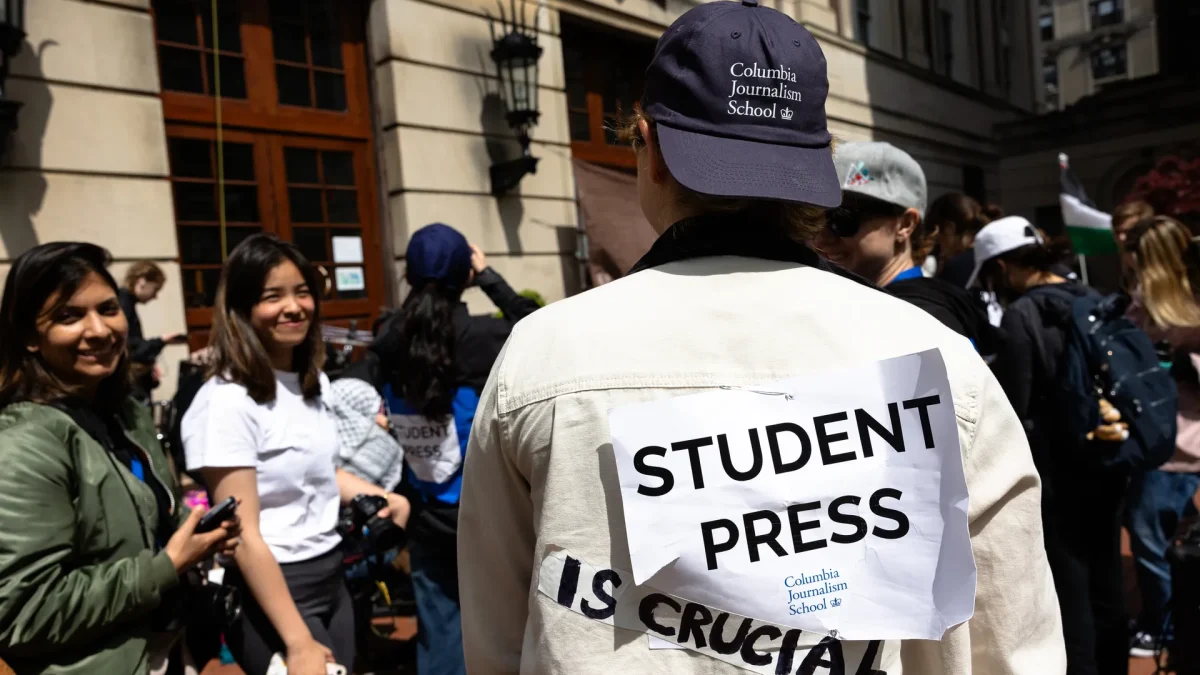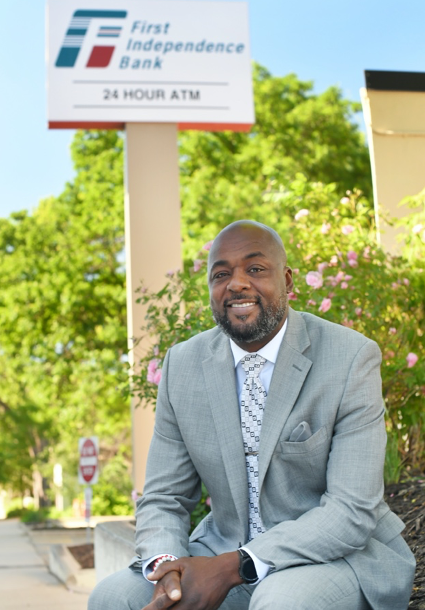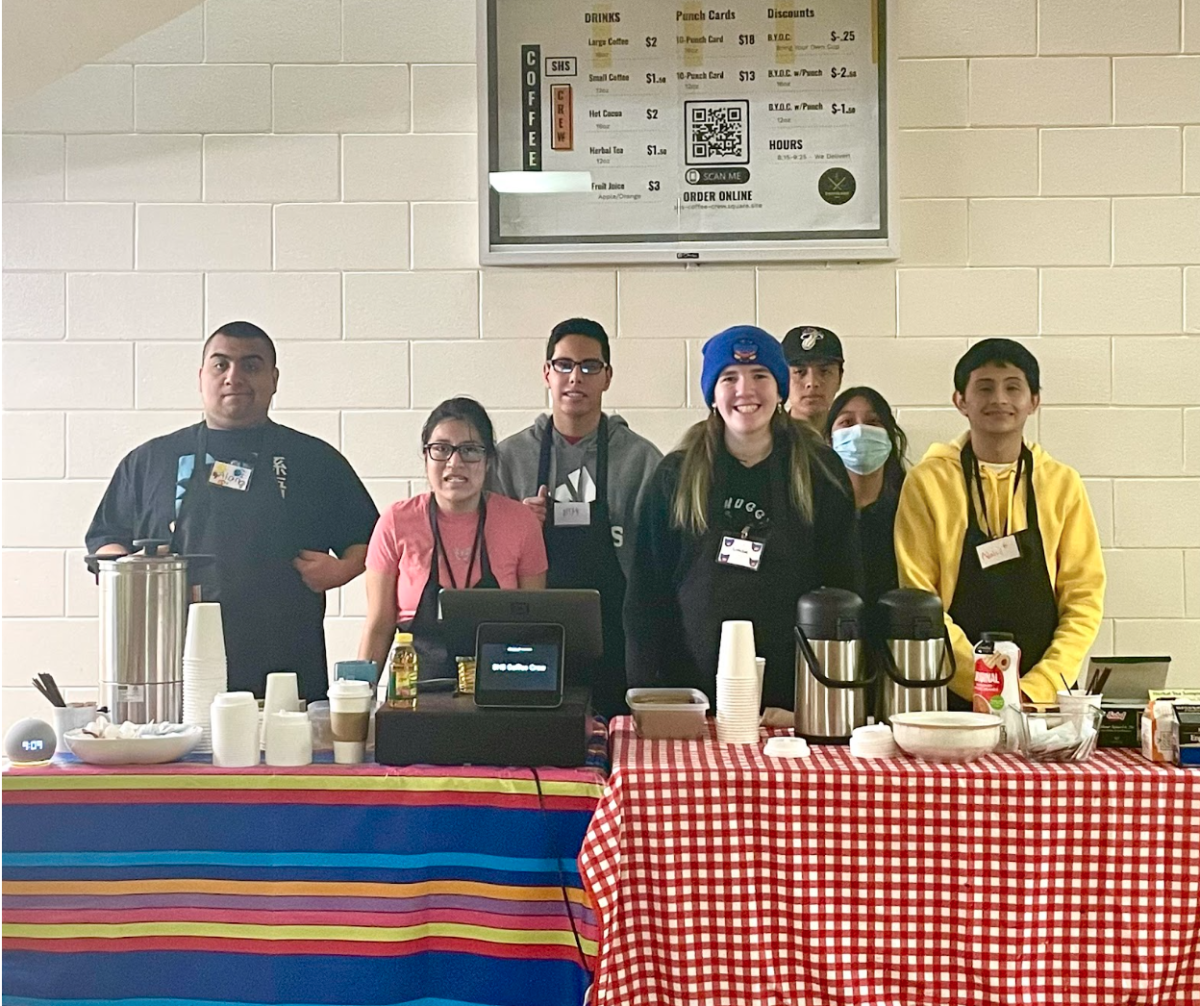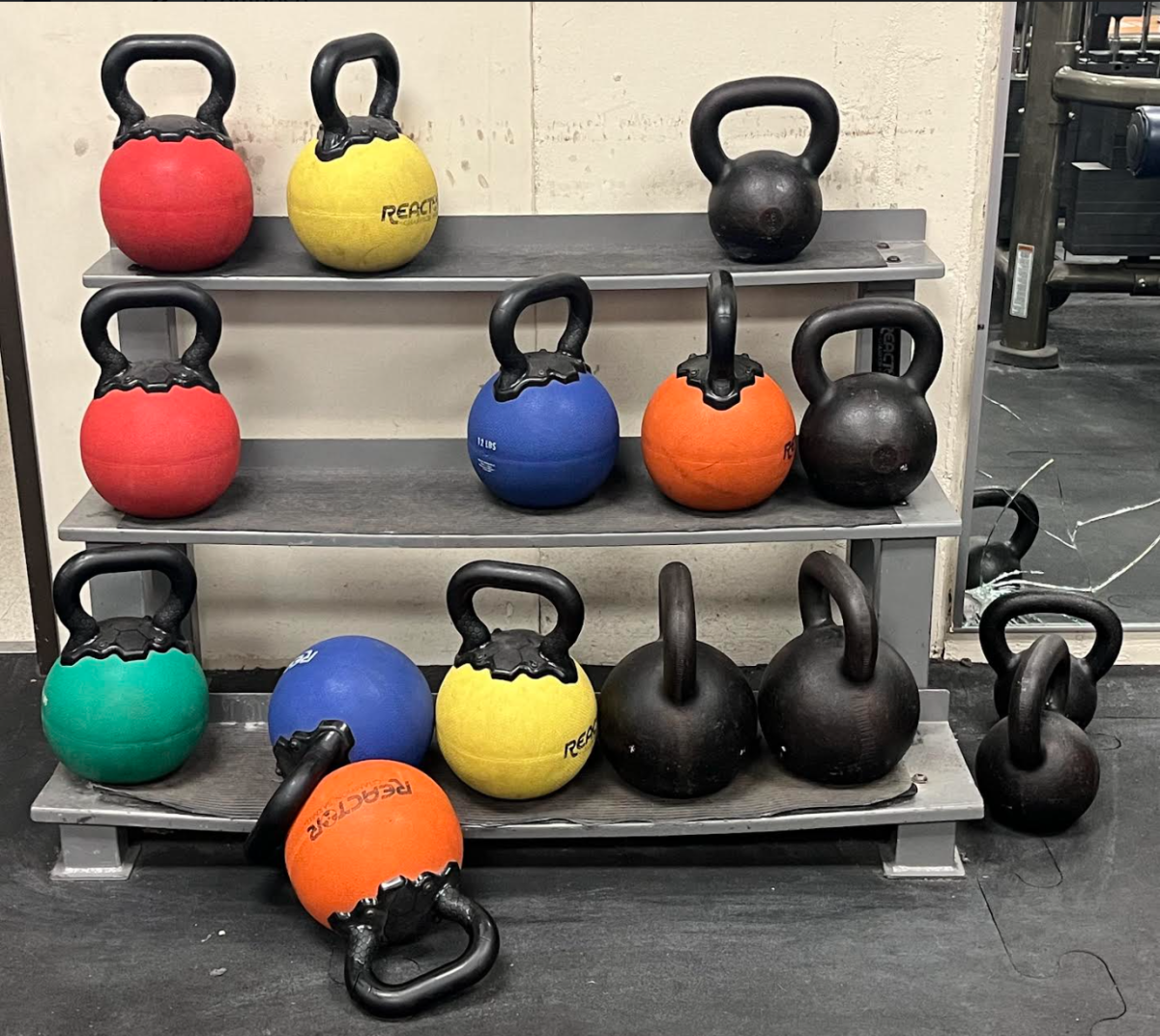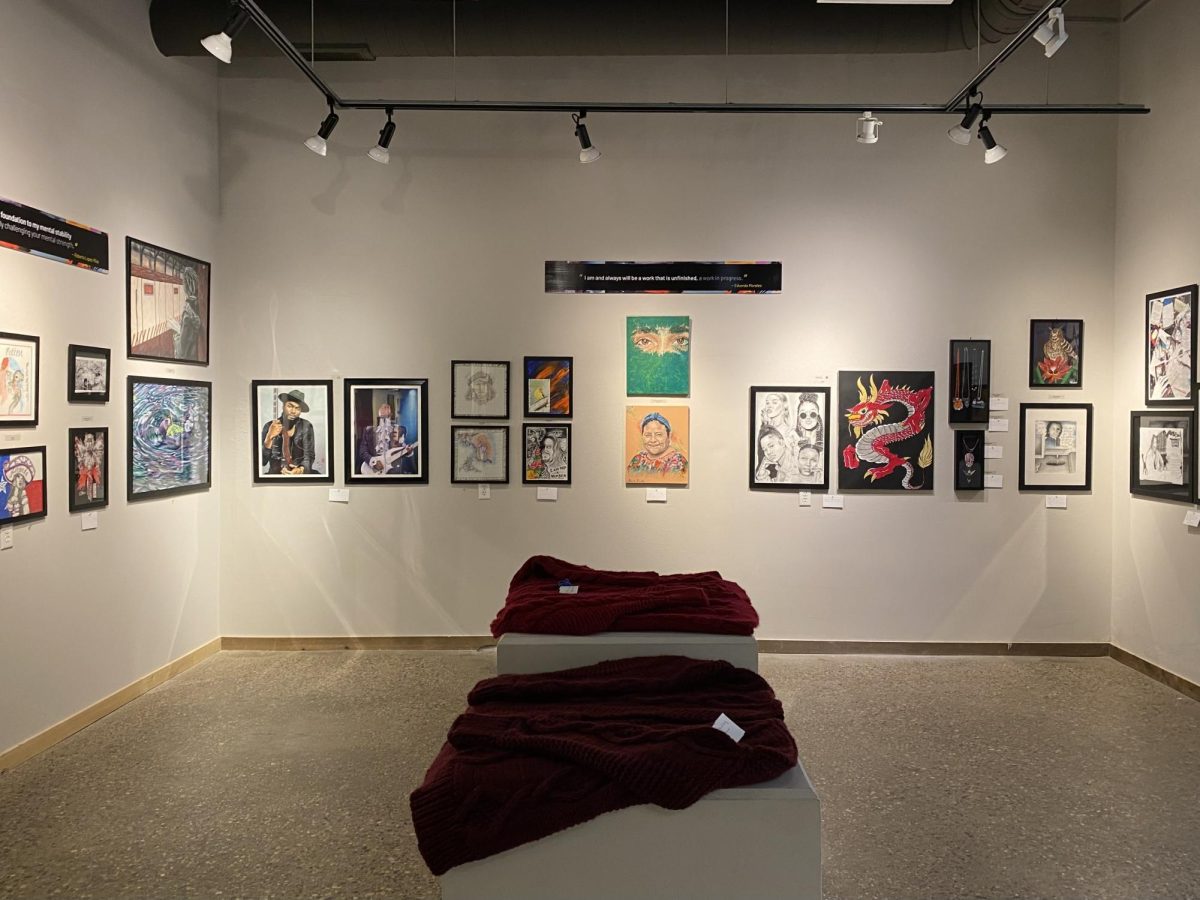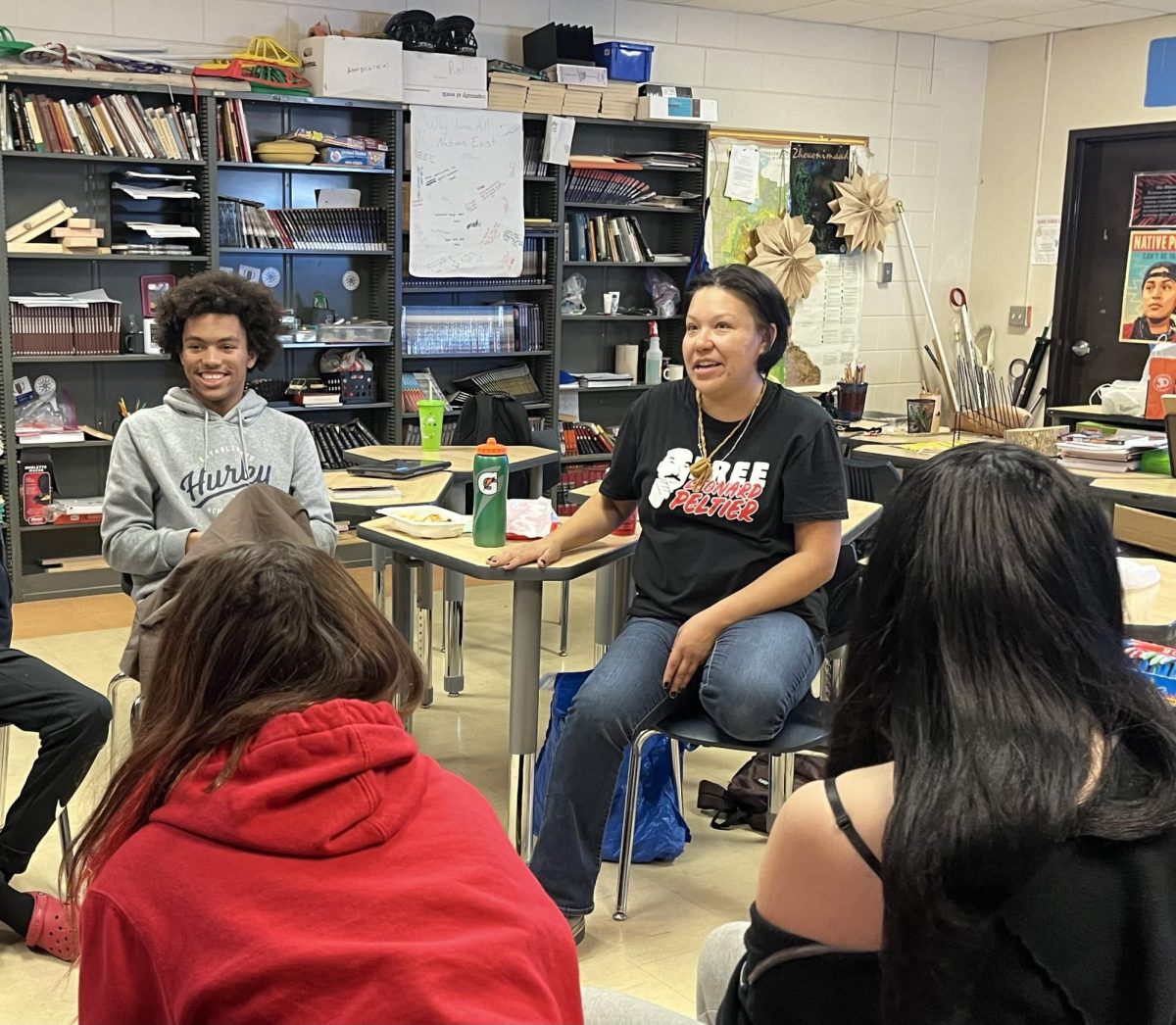Most of us find McDonalds to be filled with the smells of bubbling grease and day-old cleaning product, littered with straw wrappers and wrinkled napkins. But for junior Carmen Palmer, McDonalds holds a higher significance. It’s the place where she would meet her birth family for the first time.
After being adopted from Guatemala at the age of eight months, Palmer had been unaware of the whereabouts of her mother. “I didn’t even know what she looked like. We hadn’t had any pictures of her before they found her,” said Palmer, recalling the moment in third grade when the search for her birth mother began. “I really wanted to see them at that moment.”
“I was more curious, more curious why she gave me up, more curious where exactly she was,” explained Palmer, following that moment of discovery.
Five years ago, Palmer, her adoptive parents, and a close family friend set out on a week-long trip to Chimaltenango, Guatemala to meet Palmer’s birth mother.
“When you walked in you could see volcanoes and a waterfall,” said Palmer, “it was a pretty fancy McDonalds compared to the one on Lake Street.” Palmer recalled tropical scents encompassing the McDonalds, in which sat her birth sisters, an interpreter, and the foundation of a mother-daughter relationship.
Conversation began casual, as mother and daughter made an effort to become acquainted. “We just talked about normal things, like where they live, just normal,” explained Palmer. “But there was a touching [moment].”
Palmer noticed a difference between the life of her two older birth sisters and that of her own. They were still living with her birth mother, while Palmer was living a separate life through adoption. “I asked her if she liked my other sisters more than me,” said Palmer, immediately noticing the sadness that bound her mother.
“She was crying, we all were,” recalled Palmer. “She gave me a hug and said that it was just because of money reasons [that she gave me up for adoption], and it would be best for me to be in a family where I would live better.”
Moments later, Palmer began to realize what her mother meant by living a better life. “They didn’t eat all their food, and they kept it in the bag,” said Palmer, “they started collecting it, probably taking it home for later.”
Palmer and both of her families walked a silent four blocks to a bus stop where they would say their goodbyes. “We didn’t get to see their home, and I don’t think they wanted us to see their home, because I think they were ashamed of where they lived.”
“It was hard saying goodbye. I was quiet, sad, maybe even a little depressed because I had just let go of them,” explained Palmer. “[I was] wishing that they could come live with me, and not make them stay back in poverty and hard times.” Although Palmer’s adoptive parent’s reassured her that the two families would meet again soon, Palmer shared that it’s difficult to know when soon will be.
“I was sad inside, but I just went on in life and didn’t really try to think about it,” said Palmer about the days following her mother’s departure. “Sometimes it’s still hard to think about.”
“It feels surreal that I was there, and I’m really happy that my whole family was there to experience that,” said Palmer, explaining that she’s felt grateful for the amount of support her adoptive parents have given her in reconnecting with her heritage. “I know some kids that don’t know their birth parents, their parents don’t even want to contact them, they just want to shut it down. I’m very thankful to my parents for letting me know where I was from.”
For several years Palmer has attended La Semana, a week long camp specifically for youth adopted from South and central America. “When we were younger we got to explore more about where we were from, and we talked more about adoption,” explained Palmer, adding that it was beneficial to share experiences with other people in similar situations.
“I wouldn’t really know who I was [had I not met my birth mother]. There would just be something missing inside of my life that I would want to know,” said Palmer, adding that without both experiences she would be lost.
Despite being reunited with her birth mother, Palmer desires a closer relationship, and one that is more equal to that of her adoptive parents. “I don’t really think I have a good relationship with my birth mom because I don’t really know her well enough; it was only for three hours,” said Palmer.
Although they communicate through letters and email, Palmer explained that there’s no emotion to it, “it’s just facts about what they need and them blessing us.” Palmer’s adoptive parents have been very involved in paying for the family’s education and other basic expenses. But despite the lack of contact, Palmer is nonetheless grateful.
“I’m really proud to have a mom who was so strong to take care of my sisters, and to be strong enough to even show up. I can imagine me being ashamed, after giving up some kid. But she was strong enough to see me.”
While on the trip, Palmer’s adoptive mother bought a matching ring for the two of them. “My birth mom saw it, and my mom gave her the ring,” said Palmer, recalling the last moments before saying the final goodbyes. “She has a ring and I have a ring, it was the same kind of stone too,” said Palmer, explaining that the ring holds a special importance in maintaining the bond and memories she was able to create while with her mother.
“[The ring helps me] to remember her face and the moments in Guatemala. The good and the bad moments,” explained Palmer. “Knowing that she’s going to be alright where she is, and hopefully one day I will see her again.”

